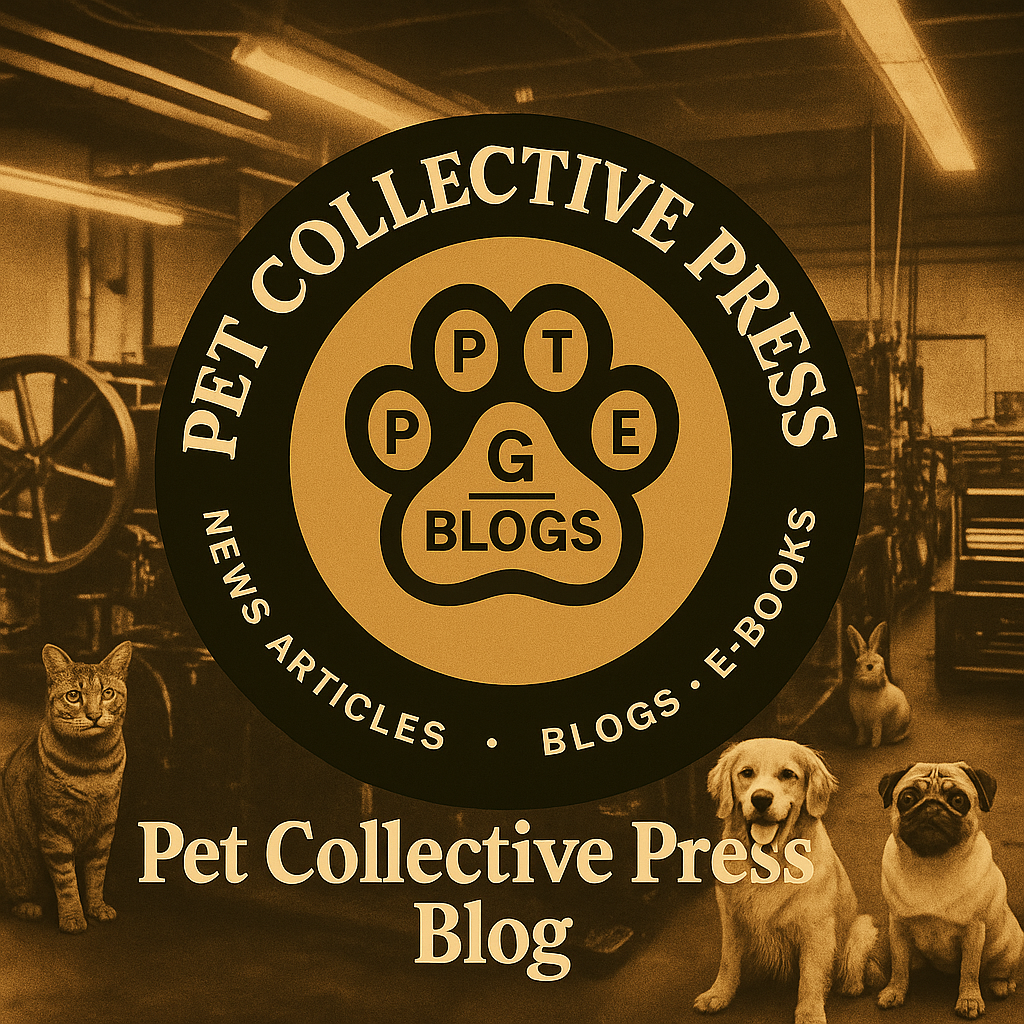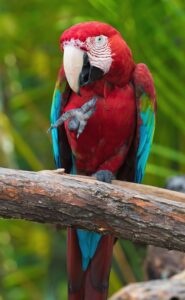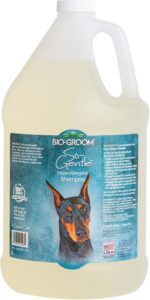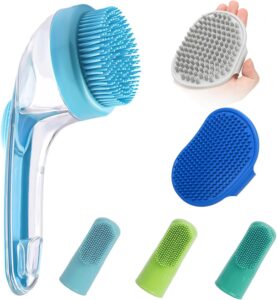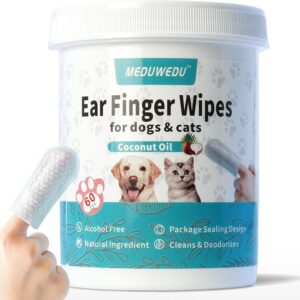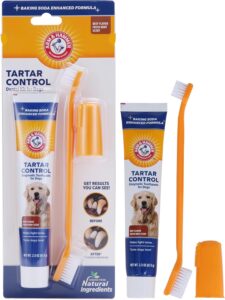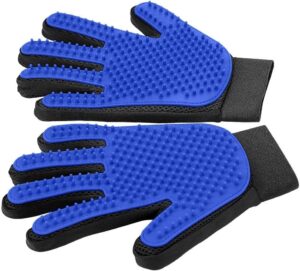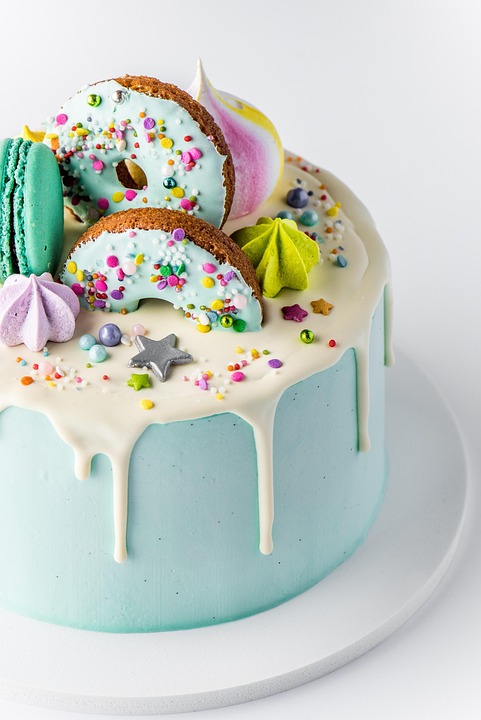
Introduction
Budgerigars, commonly known as budgies, are cheerful, social, and intelligent birds that make wonderful pets. Native to Australia, they thrive in a variety of habitats and have specific dietary needs that must be met to ensure their health and happiness. An optimal diet is essential for maintaining a budgie’s vibrant plumage, energy levels, and overall well-being. This article delves into the best foods for budgies, ensuring they receive a balanced diet that mirrors their natural nutritional intake.
Understanding Budgie Nutrition
Budgies are granivores, which means their primary diet consists of seeds. However, they also require a variety of other foods to meet their nutritional needs. In the wild, budgies eat a range of seeds, fruits, vegetables, and insects, which provide them with the essential nutrients needed for their survival. A well-rounded diet for a pet budgie should reflect this diversity.
Components of an Optimal Budgie Diet
Seeds
Historically, seeds have been the cornerstone of a budgie’s diet. However, a seed-only diet is not advisable, as it can lead to nutritional deficiencies. Seeds are high in fat and lack essential vitamins and minerals. Nevertheless, they should still be a component of the diet, offering a source of necessary fats and some proteins.
– **Millet**: A favorite among budgies, millet is a small, round seed that provides energy. It should be offered in moderation due to its high fat content.
– **Canary Grass Seed**: Another staple, this seed is often included in commercial seed mixes and is a good source of carbohydrates.
– **Oats and Groats**: These provide additional carbohydrates and are a healthier option compared to other seeds.
Pellets
Pellets are a modern solution to ensure budgies receive a balanced diet. They are formulated to contain a mixture of essential nutrients in each bite. While transitioning budgies from a seed-based diet to pellets can be challenging, it is worth the effort for the nutritional benefits.
– **Balanced Nutrition**: Pellets are designed to provide a comprehensive range of vitamins and minerals, reducing the risk of deficiencies.
– **Variety of Formulas**: There are several brands and types available, allowing for selection based on the specific needs of your budgie.
Fresh Fruits and Vegetables
Incorporating fresh fruits and vegetables into a budgie’s diet is crucial for providing vitamins, minerals, and fiber. These foods should make up a significant portion of their diet.
– **Leafy Greens**: Spinach, kale, and romaine lettuce are excellent sources of vitamins A, C, and K.
– **Carrots**: High in beta-carotene, carrots support eye health and immune function.
– **Broccoli**: This vegetable is rich in vitamins C and K and provides antioxidants.
– **Fruits**: Apples, pears, and berries can be offered in small amounts. Ensure seeds and pits are removed as they can be toxic.
Protein Sources
While seeds and pellets provide some protein, additional sources can enhance a budgie’s diet.
– **Boiled Eggs**: A great source of protein and calcium. Ensure they are fully cooked to prevent bacterial infections.
– **Legumes**: Lentils, beans, and chickpeas can be offered in their cooked form, adding protein and fiber to the diet.
Foods to Avoid
While the optimal diet includes a variety of foods, some items should be strictly avoided due to their toxicity or dietary incompatibility.
– **Avocado**: Contains persin, which is toxic to budgies.
– **Chocolate and Caffeine**: Both can be fatal to birds, affecting their cardiovascular and nervous systems.
– **Onions and Garlic**: These can cause digestive upset and anemia.
– **High-Fat and Sugary Foods**: Junk food, including chips and candy, should never be offered as they contribute to obesity and other health issues.
Feeding Tips for Budgie Owners
Feeding a balanced diet involves more than just providing the right foods. The approach to feeding is equally important.
Consistency and Routine
Establish a feeding routine that mirrors their natural feeding times. Budgies typically eat in the morning and late afternoon, so aim to provide fresh food during these periods.
Monitoring Food Intake
Keep an eye on how much your budgie eats. Overfeeding can lead to obesity, while underfeeding can cause malnutrition. Adjust portions based on their activity level and weight.
Introducing New Foods
Budgies can be picky eaters, especially when it comes to new foods. Introduce new items gradually, mixing them with familiar foods and observing how your budgie responds.
Cleaning and Hygiene
Ensure that feeding dishes are cleaned daily to prevent bacterial growth. Remove uneaten fresh food after a few hours to maintain hygiene.
Conclusion
Providing an optimal diet for your budgie is a rewarding aspect of pet ownership that significantly contributes to their quality of life. By ensuring they receive a balanced mix of seeds, pellets, fresh fruits and vegetables, and occasional protein sources, you can promote their health and vitality. Avoiding harmful foods and maintaining a consistent feeding routine are equally important. With care and attention, your budgie will thrive, bringing color and joy to your home.
#ChatGPT assisted in the creation of this article.
